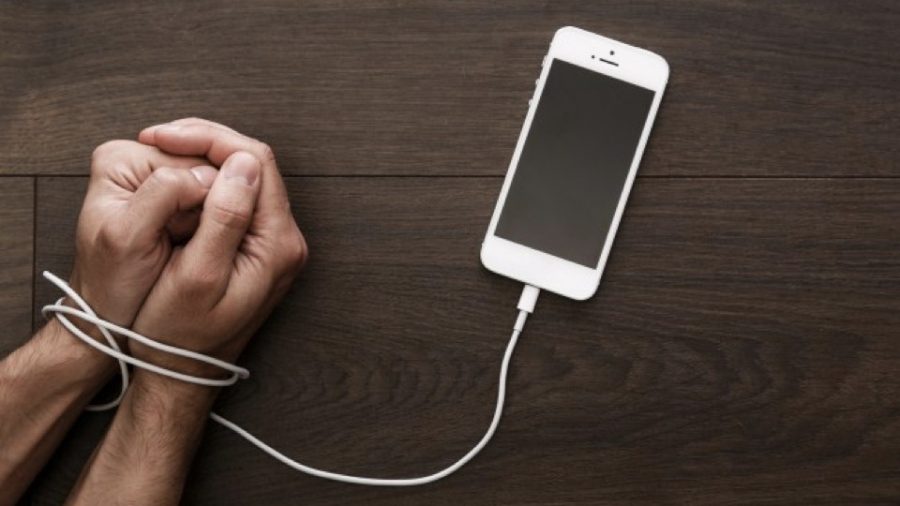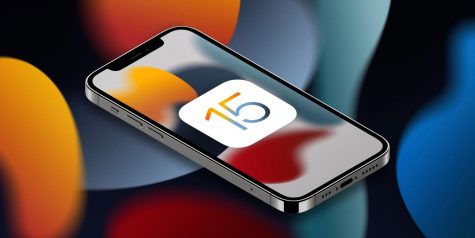How to Break the Bond with Your Phone
January 18, 2019
We are all aware of the dependency that we have fabricated on our phones in recent decades. We know they can be addicting, and the technology companies who spit out new products yearly aren’t helping with that addiction. Parents and other adults criticize children and teens for their restless use of technology, and cell-phones especially, but looking closer, the same technology has consumed the minds of adults as well.
Wanting to know how to detach from our phones begins with knowing why we become obsessed in the first place. The Attachment Theory provides us with a wonderful explanation, according to Psychology Today. The relationships we form as adults are due to our experiences with our parents/caretakers as a child. They care for our well-being, and as children are developing from dependence to independence and forming their sense of self, they may transfer their dependence from a parent to an object, most of the time a teddy bear. Humans naturally form an emotional attachment to objects that are special to them. Children create this dependence on a teddy bear or blanket as they grow up, and adults can form these same attachments to objects. In recent times, these attachments have been made with cell phones, probably because they provide the same support and connections as a child may feel a teddy bear does.
According to Psychology Today, “they can be kept by your side and they provide a social connection to the people you care about.” As technology advances and smartphones developed, people have been able to keep in contact with people through text messages, photos, social media, etc., and provide them with a wat to connect to people without being right there with them. This indirect connection creates a sense of dependency and explains why we get that anxious feeling when we lose our phone.
Breaking the bond with your cellphone will always be a self-motivated thing, because, without a will, there will be no way. Today, a lot of smartphones have software that can track how much time is spent on your phone, and there is an option to limit screen-time. For phones that do not have this feature, apps are available for the same function. This is a good way to get started on reducing the amount of time spent on smartphones and get to a place where dependency isn’t so deeply sown into the relationship we have with our phones.
It takes a real personal effort to reduce screen-time, but if you are serious about putting an end to your phone addiction, you can make it happen. Being on your phone before you go to sleep is very bad for your eyes, and can affect your sleep cycle. Pushing yourself to not be on your phone for at least an hour before you go to sleep can help your body get back on track with melatonin production, and allow your body to get better sleep. Plus, in the absence of your phone, you can read a book before falling asleep to boost your brain.
Forbes offers a brilliant solution to “customize your notifications so that only the most urgent information gets to you.” Only allowing certain notifications to appear on your phone will reduce the amount of “pick-ups” and time on social media. Seeing these unimportant social media notifications entices you to click, and spend much unneeded time on social media. This can be prevented by turning these notifications off and tricking your brain into desiring less time on these apps.
Breaking this bond is a difficult task, but having enough self-motivation and desire to do it can have a remarkable impression on your life. More improved sleep restored face-to-face interactions, and an enhanced view of my surroundings in exchange time spent on a cell phone sounds like a worthy trade-off to me.














